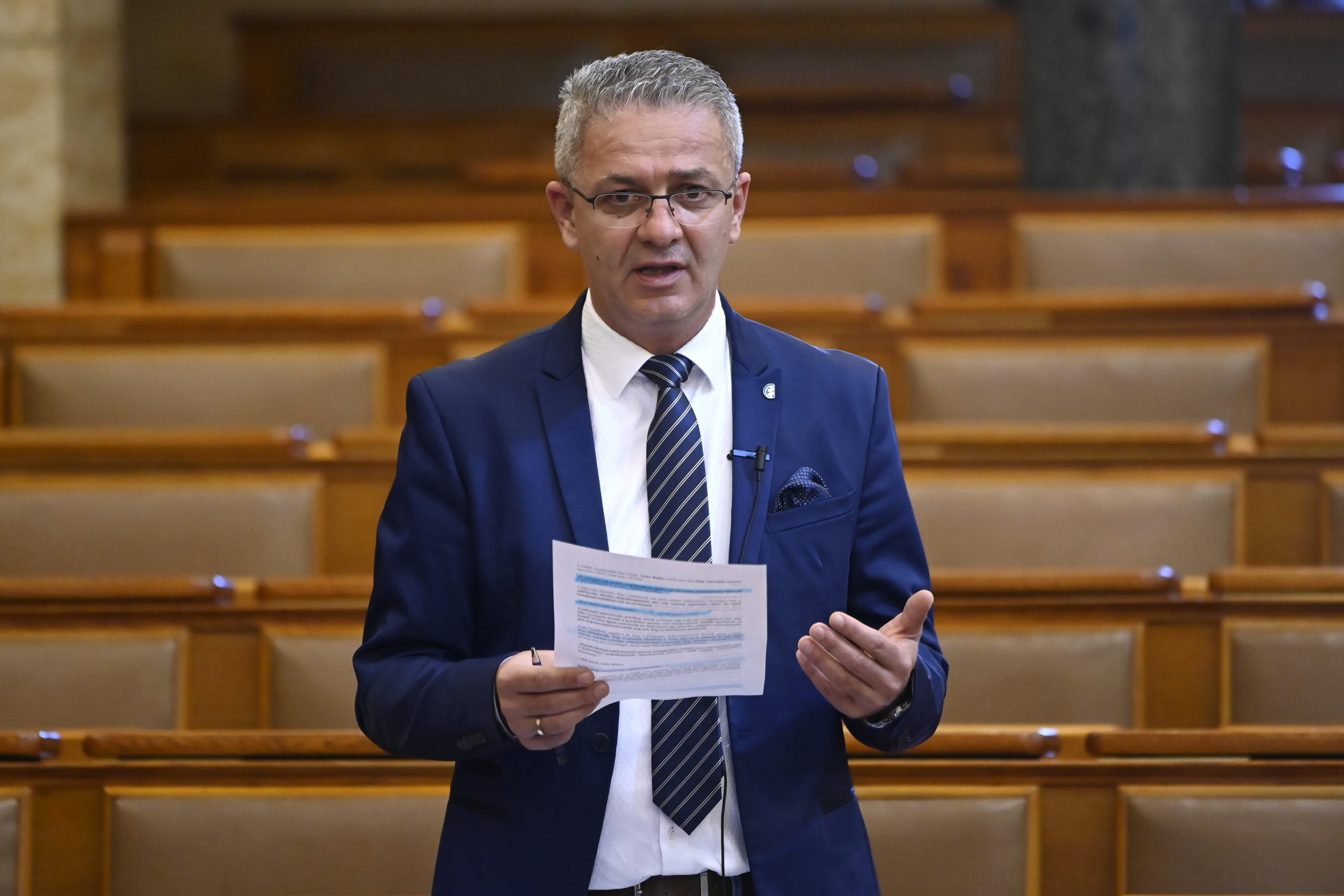
Products ordered from outside the EU with a value of less than 22 euros will no longer be exempt from VAT from July 1, and all items will be subject to VAT and customs clearance.Continue reading

The opposition Jobbik party has called for a parliamentary resolution against plans to “close down 800 post offices in villages”, a deputy leader of the right-wing party told an online press conference broadcast on Facebook on Monday.
Róbert Dudás insisted that the Hungarian Postal Service’s recent reform would involve closing down 800 post offices out of 2,400 nationwide, adding that the move would be “totally unacceptable” for small communities.
Dudás also announced that Jobbik would launch a signature drive to support that the postal service should be obliged to run a post office in communities of 500 people or more, rather than the current plan, which sets the minimum at 1,000 people.
Closing small post offices is a “typical example of people sitting in air-conditioned Budapest offices thinking that this is reasonable reorganisation: 10 or 15 kilometres away there is another post office anyway”.
Dudás noted that savings cooperatives had already shut down in many small towns and villages, leaving the post office the only place for locals to manage their finances at.
In response, the Hungarian Postal Service said it was not planning to close any post offices and had not launched any restructuring that would bring about such closures.
“The Postal Service does not plan to close offices and will continue to provide its services on a broad scale, throughout the country,” it said in a statement.
Whereas the effective law obliges the company to operate an office in all localities with at least 1,000 inhabitants, the Postal Service not only meets this obligation but operates much more facilities all over the country, it said.
However, the Postal Service might be compelled, against its will, to change the availability or operation of a post office but in such cases it informs the municipal council concerned and coordinates with it on how to meet the needs of the local population.
Featured photo by Tamás Kovács/MTI